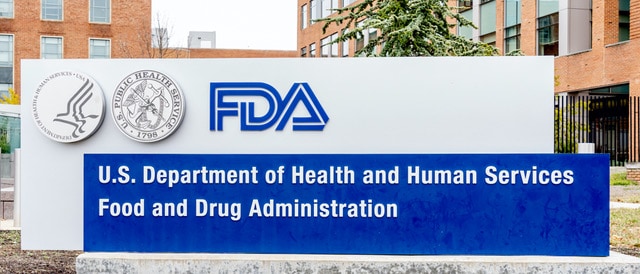
The US Food and Drug Administration (FDA) has granted expanded approval to Sarepta Therapeutics’ Duchenne muscular dystrophy (DMD) gene therapy to treat patients aged four years and older with a confirmed mutation in the DMD gene.
Elevidys (delandistrogene moxeparvovec-rokl) was first authorised under the US regulator’s accelerated approval pathway in June last year for use in ambulatory patients aged between four and five years.
The one-time treatment has now been granted traditional approval to treat ambulatory patients aged four years and over, and accelerated approval to treat non-ambulatory patients in the same age group.
Estimated to affect one in every 3,500 male births worldwide, DMD is a severe genetic condition caused by a change or mutation in the gene that encodes instructions for dystrophin, which is required to strengthen and protect muscles.
Symptoms are usually first seen in early childhood and worsen over time, affecting patients’ ability to walk as well as their heart and respiratory muscles.
Administered as a single intravenous dose, Sarepta’s therapy is designed to address the underlying cause of DMD by delivering a gene into the body that leads to the production of Elevidys micro-dystrophin, a shortened protein that contains selected domains of the dystrophin protein present in normal muscle cells.
The FDA’s latest decision on the therapy was supported by results from two double-blind, placebo-controlled studies and two open-label studies, which enrolled a total of 218 male patients with a confirmed disease-causing mutation in the DMD gene.
Doug Ingram, Sarepta’s president and chief executive officer, described the label expansion as a “defining moment for the Duchenne community”.
Sharing a similar sentiment, Jerry Mendell, co-inventor of Elevidys and senior advisor of medical affairs at Sarepta, said: “The initial approval of Elevidys was a significant milestone, and the expanded indication means clinicians now have a treatment option for the great majority of boys and young men living with Duchenne.
“This expansion speaks to the success of the science, the evidence and the improvements in the trajectory of the disease we have seen to date across studies.”
Sarepta is responsible for regulatory approval, commercialisation and the manufacturing of Elevidys in the US, while Roche is responsible for regulatory approvals and bringing the therapy to patients across the rest of the world.




